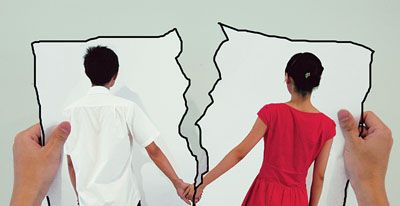干货贴!都是礼物,gift和present有什么区别?
|
The words come to us from different language families. Gift comes from the old Germanic root for “to give.” It referred to an act of giving, and then, to the thing being given. In Old English it meant the dowry given to a bride’s parents. Present comes from the French for "to present." A present is the thing presented or bestowed. They were both in use for the idea of something undergoing a transfer of possession without expectation of payment from the 13th century onward.
The words gift and present are well-matched synonyms that mean essentially the same thing, but even well-matched synonyms have their own connotations and distinctive patterns of use. Gift applies to a wider range of situations. Gifts can be talents. You can have the gift of gab, or a musical gift. Gifts can be intangibles. There is the gift of understanding or the gift of a quiet day. We generally don’t use present for things like this. Presents are more concrete. If your whole family gave donations to your college fund for your birthday would you say “I got a lot of presents”? It doesn’t exactly sound wrong, but since you never hold these donations in your hand, gifts seem to fit better. Gift can also be an attributive noun, acting like an adjective to modify another noun. What do you call the type of shop where you can buy presents for people? A gift shop. What do you call the basket of presents that you can have sent to all your employees? A gift basket. Present doesn’t work well in this role of describing other nouns. We have gift boxes, gift cards, and gift wrap, not present boxes, present cards, and present wrap. Gift appears to be more frequent than present, though it is difficult to get accurate counts, because if you compare occurrences of the noun present with the noun gift, you include that other noun present, meaning the here and now. However, the plural noun presents captures only the word we want. Gifts outnumbers presents in the Corpus of Contemporary American English by four to one. |









